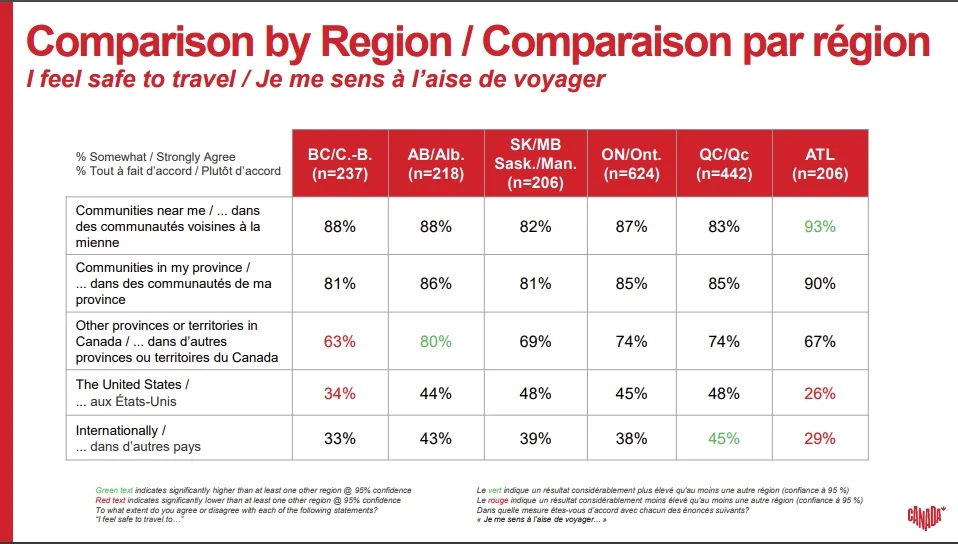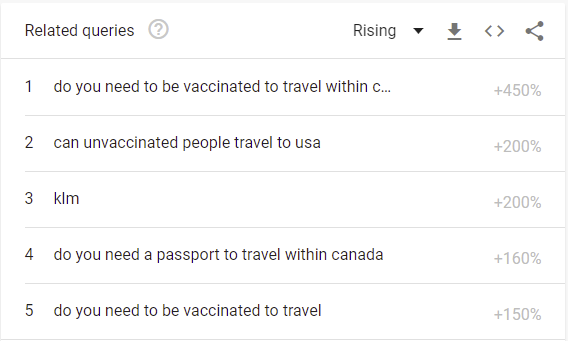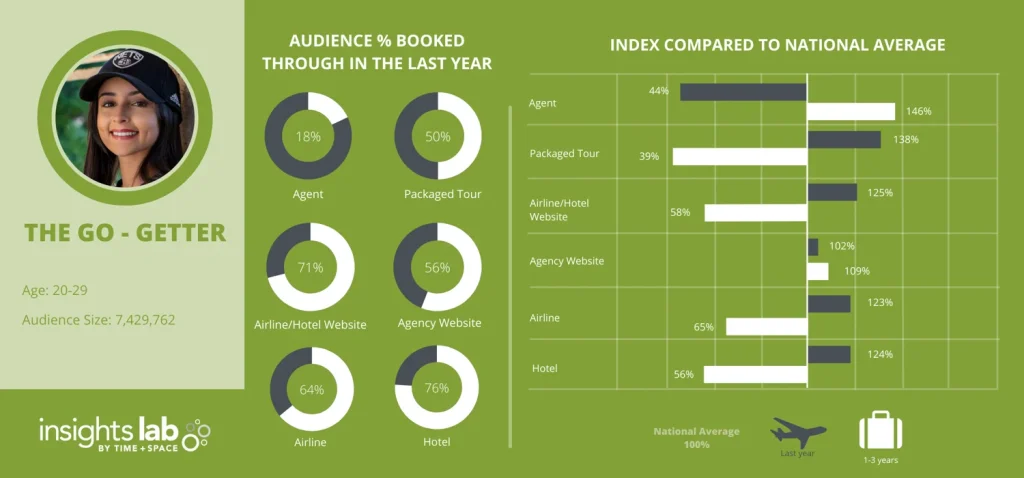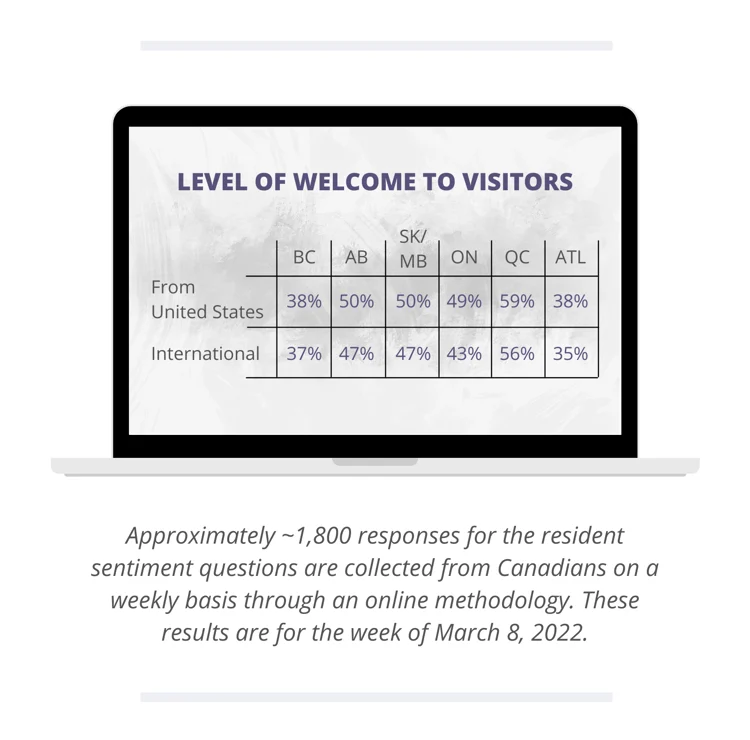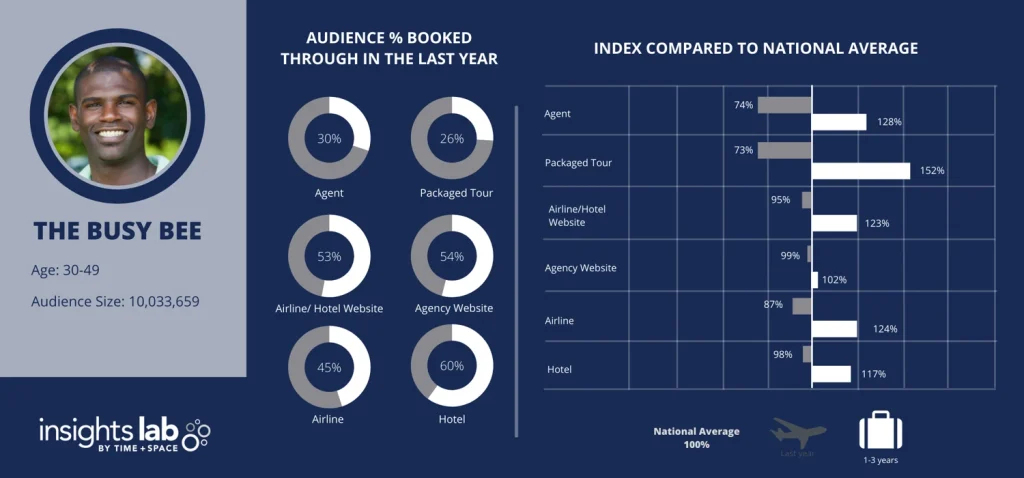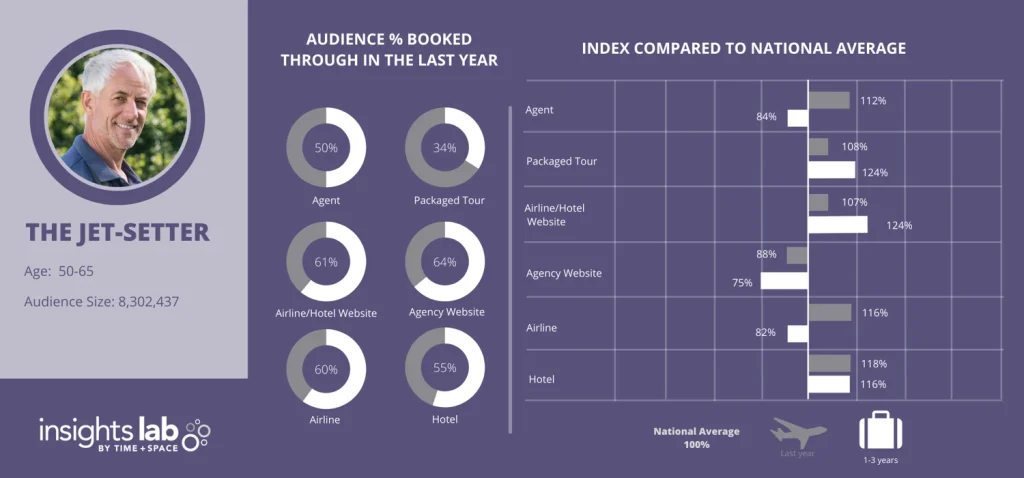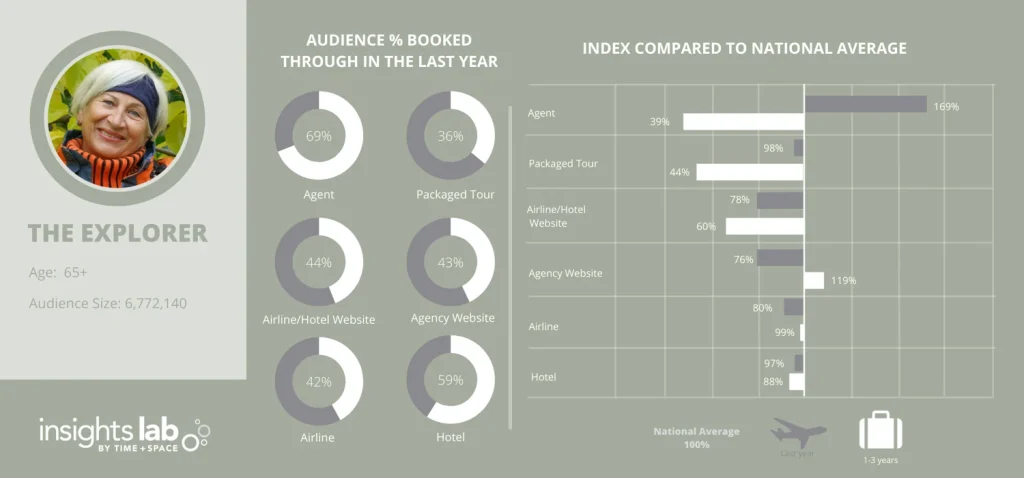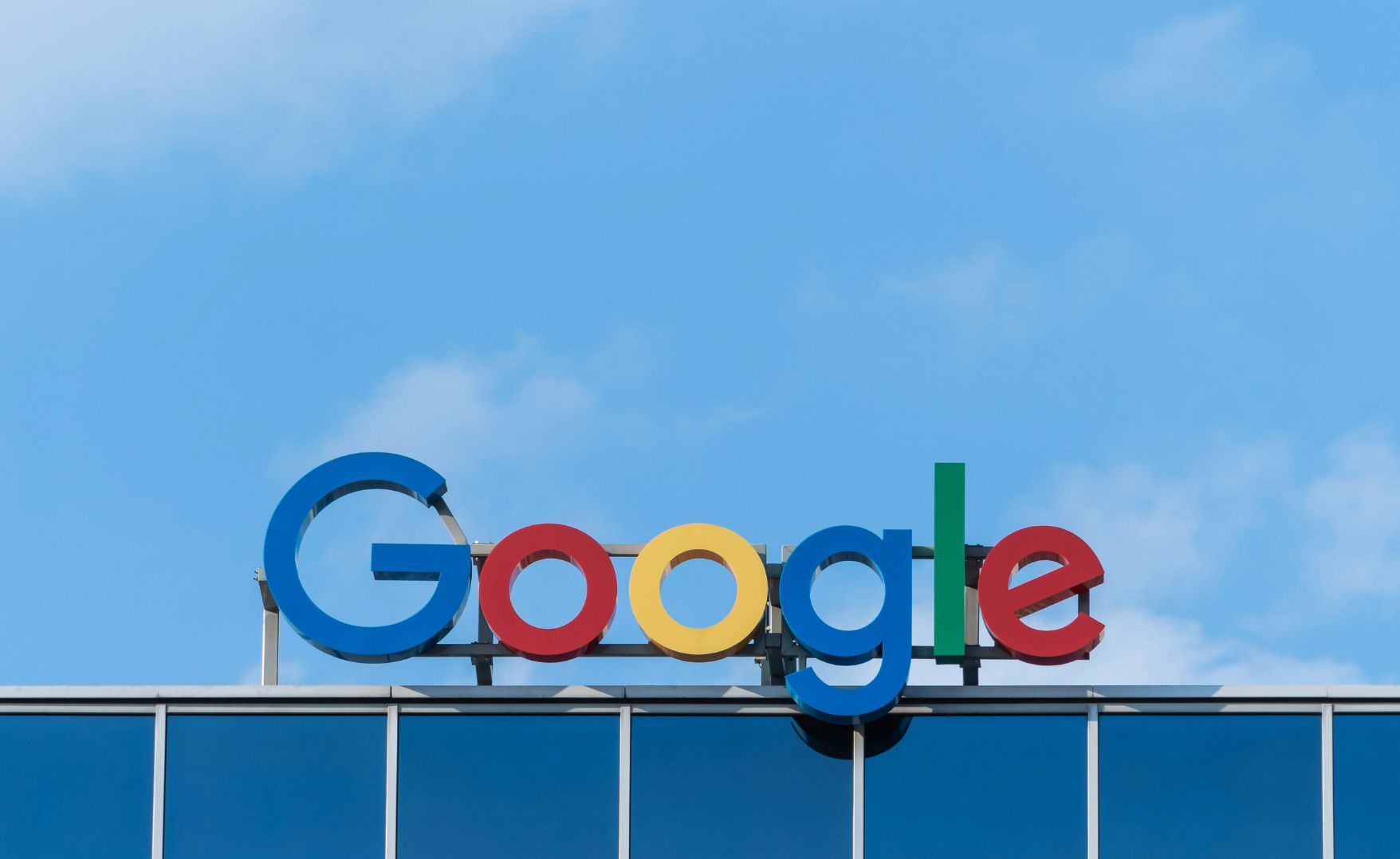With all of the changes in travellers’ habits in the last few years on how they book, how can we tell what the future of the tourism industry will bring?
Even though marketers will have to keep a close eye on these changing habits, there are a few trends we anticipate will continue:
- Younger demographics will continue to take smaller trips, for the most part, occasionally taking a large trip to celebrate a big occasion.
- The Go-Getter and the Busy Bee will continue to rely on online means to book their trips, with older demographics slowly adopting this method over time.
- Older demographics will rely on agents and packages for booking to ensure they are creating a safe and well-researched trip experience.
- Business travel will continue to grow based on trips for connection rather than for management, slowing the return to “normal” for this type of trip.
While keeping these in mind, advertisers should use this time to try new things and be creative. The options will seem limitless for those who have been building trip anticipation for over two years and it is a marketer’s job to show them why they should make one choice over another. We are stepping out into a different world and a good advertisement for any of these groups will focus on the unique experiences offered while maintaining a safe environment.



